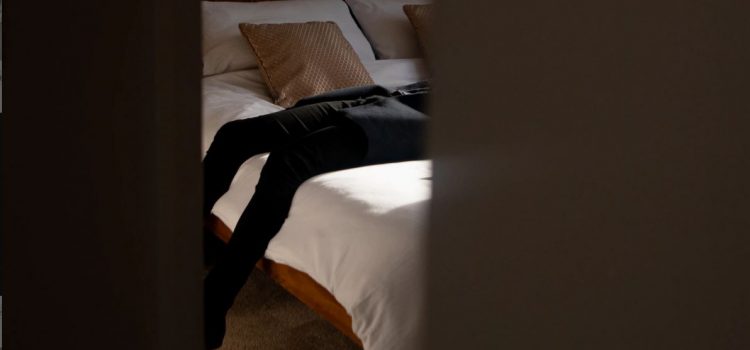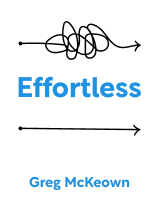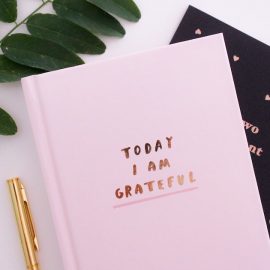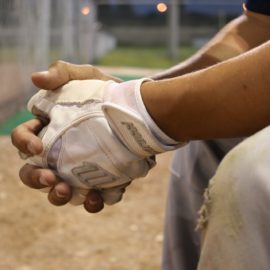

This article is an excerpt from the Shortform book guide to "Effortless" by Greg McKeown. Shortform has the world's best summaries and analyses of books you should be reading.
Like this article? Sign up for a free trial here.
Do you find it difficult to relax? Do you often sacrifice rest to get more done in a day?
Society teaches us that we need to be purposeful and productive at all times, so taking time for rest feels unimportant and can even cause guilt and anxiety. As a result, many people don’t know how to take a break at all, working themselves to the point of burnout.
Here’s how to avoid burnout and still stay productive, according to Greg McKeown.
The Importance of Rest
The obvious way to avoid burnout is to get enough rest. However, it can be difficult for some to find the proper balance between working too hard and working too little.
The best way to perform consistently is to work in a regular pattern of exertion and relaxation. Try working in the morning, in shifts no longer than 90 minutes, with short breaks in between. Studies have shown this to be the best way to be productive both mentally and physically, as it allows you to recover throughout the day and avoid fatigue.
| How to Avoid Burnout: Reject Hustle Culture Like McKeown, Brené Brown believes that the hustle culture we live in is bad for our physical and mental well-being. In her book The Gifts of Imperfection, Brown argues that an antidote to hustle culture is overcoming this pressure to be productive. To do this, you must reject societal expectations and prioritize your physical and mental health. When your body is telling you it’s tired, listen to it instead of trying to push through the pain. In the long run, this will make you a healthier and more productive person. Furthermore, recognize that your worth isn’t tied to how productive you are. You’re worthy no matter how much you achieve, and you don’t need to push yourself to the point of exhaustion to prove that. |
On top of our need to rest during the day is our need for regular sleep. Lack of sleep can cause considerable harm to our minds and bodies. People who get less than seven hours of sleep a night have weakened motor skills and cognitive abilities. They’re less alert, creative, and social. In the long term, they’re much more likely to suffer from heart disease, stroke, depression, diabetes, and other health issues. According to McKeown, you can improve the quantity and quality of your sleep by going to bed at the same time every night, turning off electronic devices before you sleep, and taking a hot bath or shower before bedtime.
| Getting Better Sleep In Why We Sleep, Matthew Walker goes into further detail on the effects of sleep deprivation and gives more tips for better sleeping habits. Walker identifies three key ways sleep deprivation harms the brain: it worsens attention and concentration, it hinders emotional control, and it can lead to Alzheimer’s disease. Some people may think they can get by on less sleep, but this is probably untrue: Studies show that less than 1% of people can get less than six hours of sleep with no negative effects. Like McKeown, Walker also recommends avoiding artificial light before bed and keeping a regular sleep schedule. He also gives some other tips to help you get better sleep: – Practice sleep hygiene. On top of reducing light, reduce the temperature and noise in your bedroom. – Avoid alcohol, caffeine, and naps before bedtime. – Exercise daily, as it increases the amount and quality of sleep. – Eat a healthy diet. – Avoid sleeping pills. |

———End of Preview———
Like what you just read? Read the rest of the world's best book summary and analysis of Greg McKeown's "Effortless" at Shortform.
Here's what you'll find in our full Effortless summary:
- Why you don't need to hustle and burn out to achieve your goals
- Why the easiest path to success is the most viable
- Actionable advice for how to achieve effortless success in life






